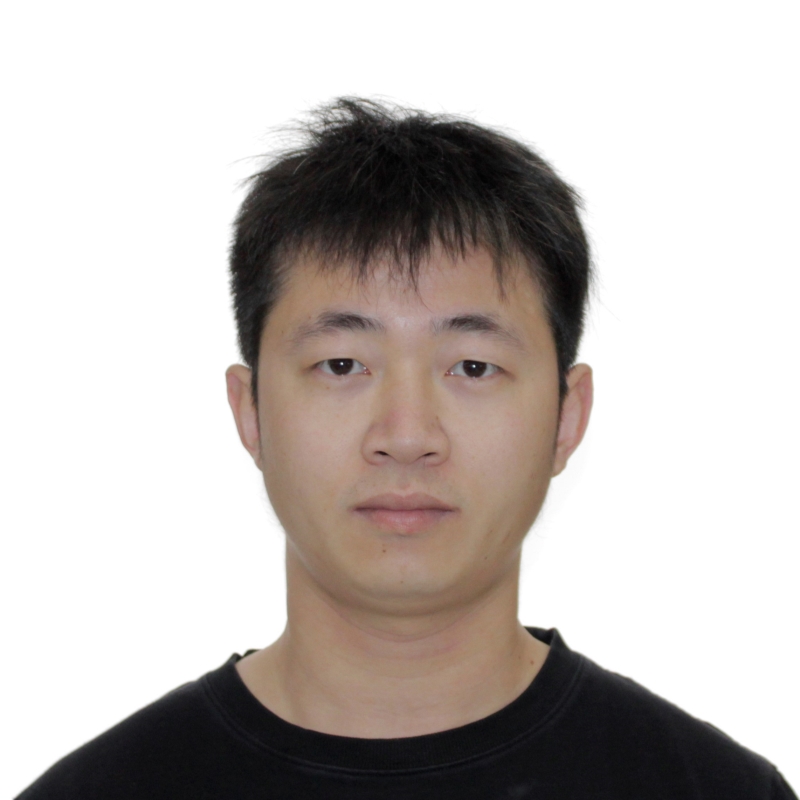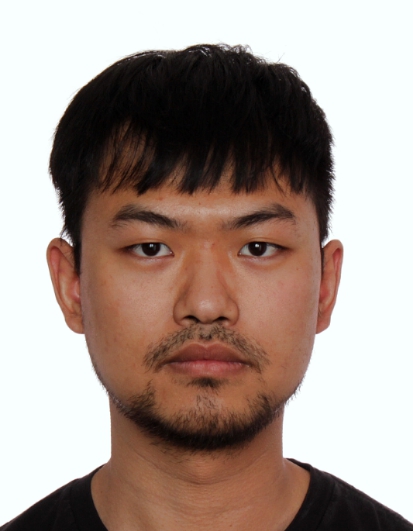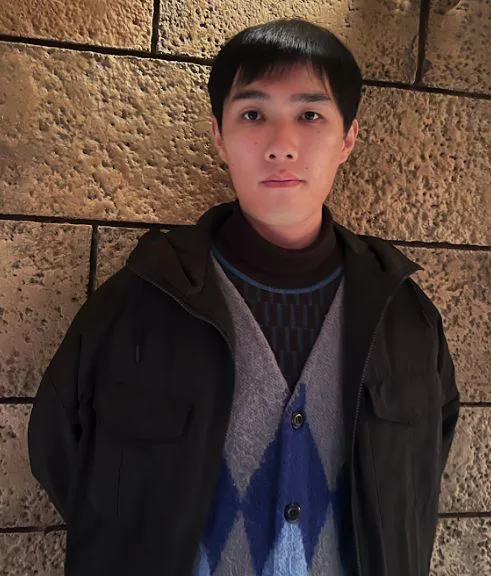
Meet Dr. Yuanbo Chen, a dynamic and dedicated PhD student at The University of Tokyo. He is an invaluable member of the Hasegawa Group, where his intellectual curiosity and commitment to pushing the boundaries of quantum research shine brightly. In a recent scientific breakthrough, Dr. Chen, in collaboration with his accomplished team has captured headlines with their pioneering research in battery technology.
In his current academic pursuit, Dr. Chen is immersing himself in the exploration of three fascinating realms within quantum information science. Firstly, he delves into the mysterious world of causality in the quantum regime, unraveling the fundamental principles that govern cause and effect in the quantum domain. His keen interest extends to understanding the intricate dynamics of information within quantum systems, a field that holds the key to unlocking unprecedented insights into the behavior of quantum particles. Lastly, Dr. Chen is at the forefront of quantum information processing, utilizing novel causal structures to pave the way for groundbreaking advancements in the field.
Dr. Chen’s dedication to unraveling the mysteries of quantum information science marks him as a rising star in the scientific community. His work not only contributes to the theoretical understanding of quantum phenomena but also holds the potential to revolutionize the practical applications of quantum information processing. As we delve into an exclusive interview with Dr. Chen, get ready to embark on a journey through the captivating world of quantum exploration led by this brilliant mind.
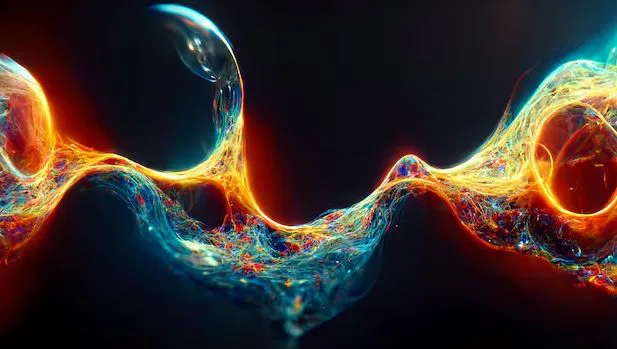
How did you get into electronics/engineering and when did you start?
In truth, my current focus is not so relevant to the realms of electronics or engineering. Despite this, my recent research bears the word “battery” in its title, leading to a misconception about my field being related to electronics/information engineering. While many people in my department are engaged in such pursuits, my own trajectory took a turn when I delved into research.
It was like four years ago; my exploration of electronics and computer science kindled a profound curiosity. Questions like “What lies beyond semiconductors, the building blocks of logical gates and CPUs?” captivated my mind. Each layer of knowledge revealed deeper mysteries, prompting me to pursue a more comprehensive understanding rooted in physics. Though I wasn’t formally trained in physics, my independent study led me to appreciate the fascinating nature of reductionism.
The process of unraveling the intricacies of the physical world through mathematical problem-solving resonated with me. Consequently, I decided to switch into a field that merged my newfound passion for physics with my existing expertise. This pivotal choice ultimately brought me into the realm of quantum information, where I now thrive in exploring the intersections of physics, mathematics, and information theory.
I’m excited to know more about your current research, “Quantum batteries break causality”, what inspired you to explore the concept of charging batteries through the power of “indefinite causal order” (ICO)?
The inspiration behind my research was twofold. Firstly, I have long held a fascination with the concept of time in physics, and I am particularly intrigued by profound questions such as the nature of time. Therefore, I was deeply intrigued by ICO and decided to dive into this field, as this idea challenges some of our foundational understandings of the principles that govern the universe.
Secondly, the potential of ICO to enhance the performance of specific quantum technologies caught my attention. While there has been certain exploration into its role in quantum information processing, there was a huge gap in understanding its implications in quantum thermodynamics.
This was particularly evident when looking at its possible contributions to quantum batteries. In addition, there was no literature studying how ICO influence quantum dynamics that is based on a concrete physical model. I saw this as an opportunity to delve deeper and made efforts to uncover the potential intersections of ICO and quantum batteries.
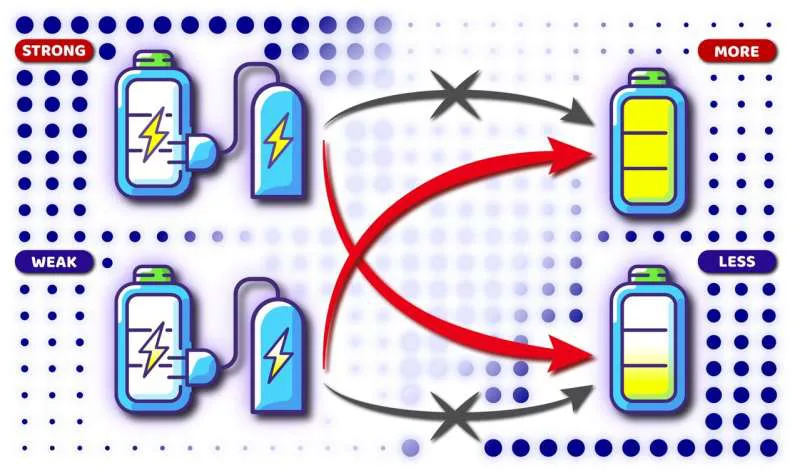
Considering the current state of technology, what are the key challenges or limitations in implementing ICO for charging batteries, especially in real-world scenarios?
I believe that two main challenges demand attention for achieving a full realization of ICO charging of (quantum battery) QBs. The first challenge, naturally, lies in the actual creation of a QB.
In practice, however, progress in the actual experimental realization of quantum battery has been quite limited. In particular, the first concrete experimental evidence of a quantum battery was recently published (Science Advances 8.2 (2022): eabk3160).
Secondly, we should find ways to achieve the realization of a Quantum Switch, where the control system and the target system should be separate, unlike the case of a photonic Quantum Switch. This may allow achieving the realization of ICO processes regardless the specific physical systems we adopt to use a quantum battery. Achieving the complete implementation of an ICO charging protocol for a QB is theoretically feasible by integrating a somewhat “sophisticated” Quantum Switch with an “actual/real” QB.
Given the current situation characterized by limited experimental efforts and ongoing theoretical exploration in the realm of QB, it is challenging to estimate a precise timeline for achieving conclusive outcomes. QB is an evolving field with complexities that necessitate thorough investigation, indicating that substantial time may be required to reach definitive results.
Are there specific experiments or observations that you find particularly enlightening when it comes to causality in the quantum regime?
I believe an intriguing novel phenomenon discovered in this work is that of an “inverse interaction effect”. This discovery enables us to achieve effects associated with strong coupling through weak interactions, which is not possible within conventional quantum physics.
To the best of knowledge this is the first evidence that ICO has some unique impact on dynamics in the quantum regime. Based on this phenomenon, we devised this charging protocol for quantum batteries, significantly improving their charging capabilities.
Are there analogies or metaphors that you find helpful in conveying the nuances of “Information dynamics in quantum systems” to non-experts?
This is an excellent question. Drawing parallels with our daily experiences, we recognize that the medium through which information travels influences its propagation. For instance, we instinctively understand that speaking in air versus underwater yields distinctly different outcomes.
Similarly, in the quantum realm, utilizing arrays of atoms as intermediaries introduces nuances. The speed and quality of information propagation depend on factors like the arrangement of atoms, the strength of interactions between them, and other pertinent properties. This concept mirrors our understanding of how different mediums impact information transmission in our everyday encounters, however on a more intricate quantum scale.
Do you have any noteworthy engineering experiences? (blowing up things, getting shocked, etc)
Yes, I do have a such kind of experiences. During my younger years (around the age of like 14), my fascination with chemistry led me to experiment with creating black powders. After a series of trials and errors, I successfully manufactured them.
However, in the process of drying the wet mixture of compositions, I underestimated the importance of safety precautions due to my eagerness.
To speed up the drying process, I placed the mixture on a metal plate and used a gas stove. Unfortunately, this decision had unintended consequences — the black powder unexpectedly exploded, and the resulting sparks melted a plastic (although small) part on top of a nearby microwave.
My mother was slightly upset about the incident. I can still vividly recall her disposing of my sulfur and potassium, a lesson that stuck with me regarding the significance of safety in doing experiments.
What are your other interests besides academic commitments and research responsibilities… reading, painting, gardening, skiing maybe?
Beyond my academic activities, I do have cultivated some other interests. Photography and astronomical observation have been long-standing pursuits since my high school days.
While my engagement in astronomical observation has diminished over time, I still carry my cameras with me on occasions. Although not particularly drawn to sports, I have incorporated running into my routine, and at the suggestion of my girlfriend, I have recently taken up skiing. I also have a penchant for history, although I haven’t dedicated much time to formal reading; it’s a hobby I plan to explore further in the future.
In my leisure hours, I find joy in training my two cats. Teaching them tricks and understanding their unique “laws” is a fascinating endeavor. Though not for scientific research, I’ve recently developed an interest in observing their behaviors, seeking to uncover intriguing patterns and derive underlying principles from their actions.
Someone comes up to you and says, “I wanna be just like you. I want to be a Quantum Information Scientist”. What advice would you give?
Well, I appreciate your sentiment, though I don’t consider myself someone to emulate. However, if they are interested in becoming a quantum information scientist, my advice would be to follow their curiosity.
For students starting their research journey, I’d suggest exploring various research fields, delving into different areas of interest, and ultimately selecting a field that resonates with them. Finding something you are genuinely passionate about is the key to a fulfilling and successful journey in the world of quantum information or perhaps any other research fields.

Quick bits:
What is your favourite movie quote?
In fact, I don’t watch movie so much, so it is a bit hard to answer this question.
If you were a superhero what would your powers be?
The ability to manipulate and control time, allowing for moments of reflection, precision, and the chance to make a positive impact on the past, present, and future.
What would you do on Mars for fun?
This is again an interesting question. I think I would explore the Martian landscape and perhaps engage in some low-gravity sports and capture landscapes with my cameras.
What will your TED Talk be 10 years from now?
The talk would explore the evolving relationship between technological advancements, ethical considerations, and their collective impact on shaping our future.
What books should I read in 2024?
I would recommend The Three-Body Problem and Project Hail Mary. Of course, it depends on individual interests and preferences.
(Wow! Thank you, Dr. Chen, for an incredibly inspiring conversation! Your work is a true source of inspiration. We eagerly anticipate our next visit to witness more of your innovative research. Until then, we extend our best wishes for your continued success in all your future endeavors.)

